BVIFSC Regulatory Entity

In this article
BVIFSC is the abbreviation of the British Virgin Islands Financial Services Commission. This commission entity works as the autonomous regulatory authority responsible for supervising, regulating, and inspecting different financial services within the BVI.
Different activities are part of the BVIFSC inspection at the financial service. This includes trustee business, insurance investment business, and banking as well as insolvency services. It even accompanies the registration of the companies, as well as limited partnerships and intellectual property.
The BVI regulatory entity was introduced in the year 2002. Since 2002, this commission has been accountable for carrying out all those functions that the government handled through the Financial Services Department. Being the financial service regulator, the commission is also accountable for promoting public understanding in handling the financial system.
As a result, it reduces financial crime and even prevents any significant market abuse.
With time, the BVI entity has strengthened its system functioning and is now associated with few extensive international agreements.
Structure
The primary mission of BVIFSC is to uphold the integrity of the British Virgin Islands, being a well-regulated centre of international finance. It even protects the varied economic interests of the Territory by:
- Protecting all the interests associated with market participants or the general public.
- Ensuring proper industry compliance with the highest international regulatory standards as well as excellent business practices.
- BVI plays a significant role against cross-border and white-collar crime. It even safeguards the confidential and private details of legitimate business transactions.
Core functions of BVI
A few of the core functions performed by BVIFSC are discussed below:
- Protect the consumers by ensuring that all the individuals and firms are fully authorized to provide some financial services. These services need to be within the BVI, and they should be financially sound and competent.
- They police the overall perimeter of the regulated activities and hence pursue enforcement actions against any business or the individual. Strict action will be taken against someone who is violating the BVI financial services laws.
- Detecting and monitoring the financial crime to assist someone in the prosecution of such sort of crime.
- Sustain the international and domestic confidence within the industry of BVI financial services. Therefore, they do even contribute towards the development and growth of the industry.
- Ensure that a proper and fit regulatory environment is being carried out. In this environment, all the financial institutions should be providing quality services and products to gain some economic benefit from the BVI.
- Brings an improvement in the public understanding related to the risks and benefits of any financial product.
- Consulting the government and industry on the financial services legislation, basic regulations, broad supervisory policy and vast practices.
- Providing a proper system for continuing the education for the financial service practitioners.
- Monitoring the overall effectiveness of the financial services legislation.
- Facilitate innovation in various financial services.
- Taking into consideration the international scenario of financial regulation and the financial service business. This will also include maintaining regular contact with the authorities of foreign regulations.
What are the pros of the BVI entity?
- BVIFSC works as the legal entity where they function in a completely separate zone compared to their members. Therefore, they have a legal capacity to sue anyone or even get sued in their name under the BVI law.
- BVIFSC does not uphold any corporate tax. Only those taxes are involved, which are paid by the local companies having local employees. Therefore, there is no need to pay any tax if you are linked with BVI but have no local operations.
- There is a need for just 1 shareholder and 1 director. A corporate shareholder is also allowed.
- Capital requirements are not part of it.
- BVIFSC is not based on any corporate income tax or customs duties as well as wealth tax. Therefore, it does not include VAT. But the companies should maintain a proper record and should prepare their annual accounts. There is no need to audit or file the accounts. But the companies should have the account copies for the inspection process.
What are the cons of the BVI entity?
A few of the common cons of the BVI entity are discussed below:
Costs
The cost of the BVIFSC is quite a lot higher compared to the rest of the IBC jurisdictions. But still, it is considered to be competitive. It would be rare to look for the BVI incorporation fees, which are under USD 1,000. You can probably expect something closer to $1,500 to $3,000 to acquire reputable services of a provider. Hence, annual renewal fees will be around $800 to $1,500 in the majority of the cases.
Limited activities
Few activities are not permitted to be undertaken in the BVIFSC entity. This includes providing investment or banking services to the third parties, casino/betting services, providing trust services or any reinsurance or insurance services to the third parties.
Repute
BVI’s international reputation has been strongly impacted in the market as a part of tax evasion or the money laundering controversial cases. Some organizations such as OECD have also given BVI an unfavourable rating.
Complex
It would be a little complicated to set up an IBC in BVIFSC. All the activities need to be on legal terms within your home country and in BVI. Compliance screening is generally followed up with some questions and the details of business which are clearly outlined. Few providers even demand a complete business plan.
BVI offshore banking
The last disadvantage is linked with the offshore banking of BVIFSC. BVI has a relatively small banking sector. Accounts can be opened either remotely or by visiting the bank branch in your country. Some of the banks even prefer calling the account holder in person for better verification.
Bottom line
To end the discussion, the BVIFSC entity works as a perimeter where it monitors and regulates all the activities that are part of the financial service industry. In addition, it safeguards the public from any unauthorized or illegal business operation within BVI. In short, they facilitate the provision of regulatory and legal assistance for the law enforcement agencies according to the BVI laws.
Jason Morgan is an experienced forex analyst and writer with a deep understanding of the financial markets. With over 13+ years of industry experience, he has honed his skills in analyzing and forecasting currency movements, providing valuable insights to traders and investors.
Forex Content Writer | Market Analyst
Relevant Posts

KNF Regulatory Entity
[top_three_brokers] In Poland, the Polish Financial Supervision Authority is in charge of the supervision of…
Read more

CFTC Regulatory Entity
[top_three_brokers] Trading in futures contracts has rapidly extended beyond conventional physical and agricultural commodities into…
Read more

FCA Regulatory Entity
[top_three_brokers] Currently, the Financial Conduct Authority (FCA) regulates the financial services industry in the UK…
Read more

BaFin Regulatory Entity
[top_three_brokers] A German Financial Authority, Bundesanstalt für Finanzdienstleistungsaufsicht, is abbreviated as BaFin, known as Federal…
Read more

AFSL Regulatory Entity
[top_three_brokers] AFSL, the Australian Financial Services License, is a legal license issued by ASIC, the…
Read more

FSMA Regulatory Entity
[top_three_brokers] The Financial Services and Markets Authority is the main agency for financial regulation in Belgium. As…
Read more

CBCS Regulatory Entity
[top_three_brokers] CBCS is the "Central Bank of Curaçao and St. Maarten (the Central Bank)." The…
Read more

FINRA Regulatory Entity
[top_three_brokers] FINRA stands for "Financial Industry Regulatory Authority". The US Securities and Exchange Commission is…
Read more

JFSA Regulatory Entity
[top_three_brokers] JFSA, the Japanese Financial Services Agency, is a regulatory body that ensures the financial…
Read more

JSC Regulatory Entity
[top_three_brokers] The Jordan Securities Commission (JSC) emerged as an independent public organization in 1997. The…
Read more

KNF Regulatory Entity
[top_three_brokers] In Poland, the Polish Financial Supervision Authority is in charge of the supervision of…
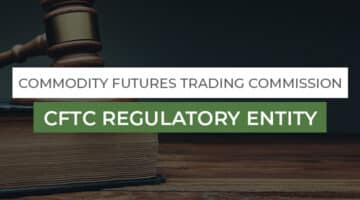
CFTC Regulatory Entity
[top_three_brokers] Trading in futures contracts has rapidly extended beyond conventional physical and agricultural commodities into…

FCA Regulatory Entity
[top_three_brokers] Currently, the Financial Conduct Authority (FCA) regulates the financial services industry in the UK…
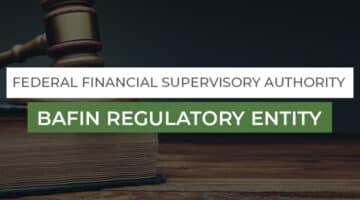
BaFin Regulatory Entity
[top_three_brokers] A German Financial Authority, Bundesanstalt für Finanzdienstleistungsaufsicht, is abbreviated as BaFin, known as Federal…
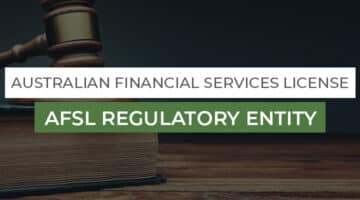
AFSL Regulatory Entity
[top_three_brokers] AFSL, the Australian Financial Services License, is a legal license issued by ASIC, the…
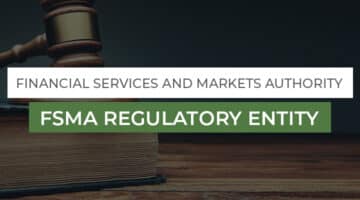
FSMA Regulatory Entity
[top_three_brokers] The Financial Services and Markets Authority is the main agency for financial regulation in Belgium. As…
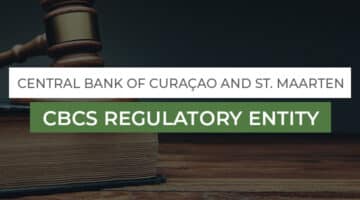
CBCS Regulatory Entity
[top_three_brokers] CBCS is the "Central Bank of Curaçao and St. Maarten (the Central Bank)." The…
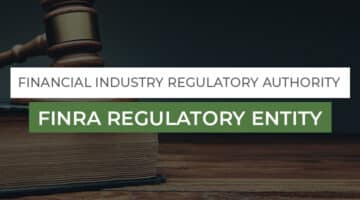
FINRA Regulatory Entity
[top_three_brokers] FINRA stands for "Financial Industry Regulatory Authority". The US Securities and Exchange Commission is…

JFSA Regulatory Entity
[top_three_brokers] JFSA, the Japanese Financial Services Agency, is a regulatory body that ensures the financial…
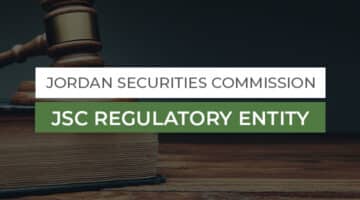
JSC Regulatory Entity
[top_three_brokers] The Jordan Securities Commission (JSC) emerged as an independent public organization in 1997. The…


